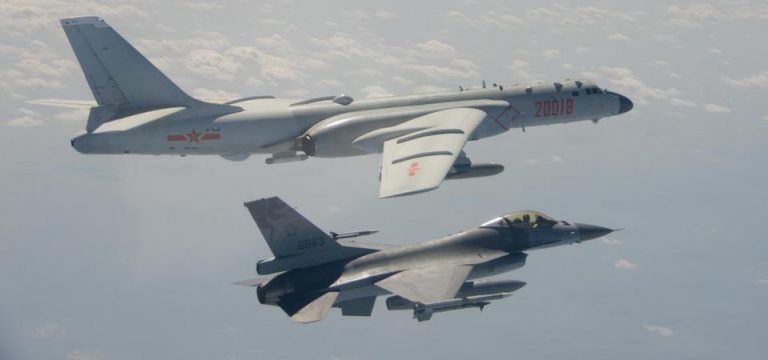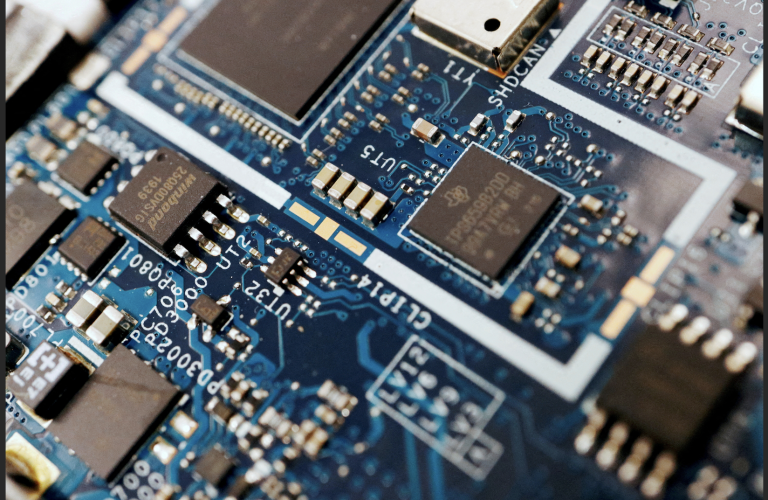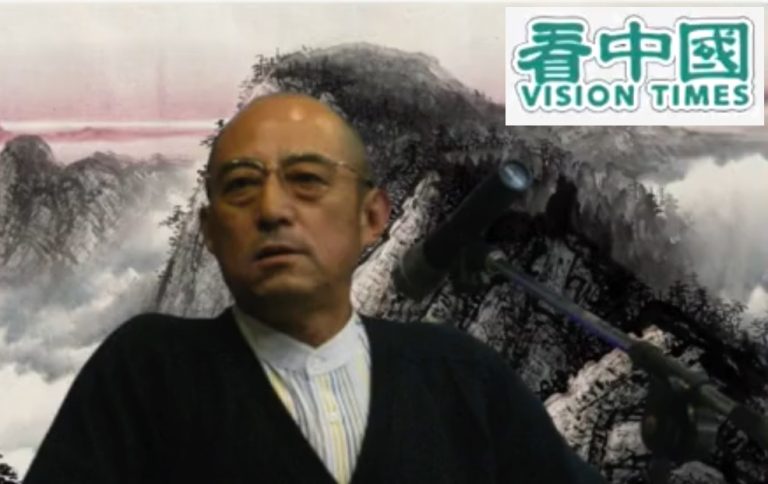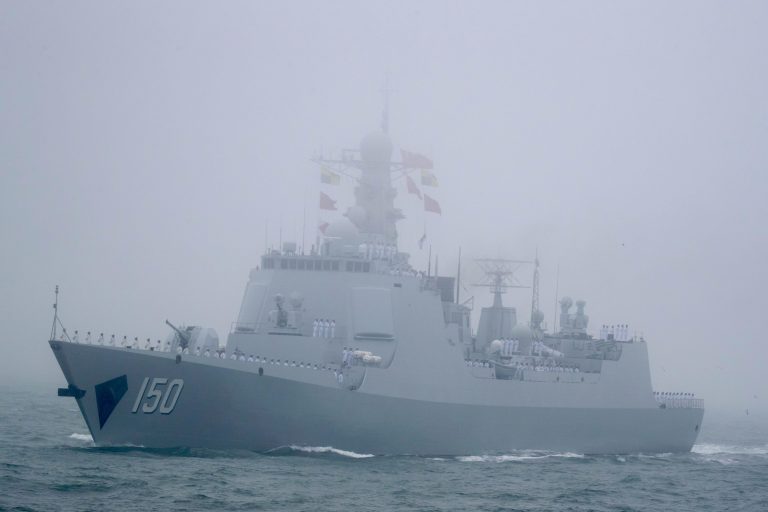Chiu Kuo-cheng, Taiwan’s defense minister, said on Wednesday, Oct. 6, that the communist regime in mainland China would be prepared for a full-scale invasion of the island by 2025.
The People’s Republic of China (PRC), is already capable of invading Taiwan — which it claims as a renegade province — at present, but such an operation would be very costly, Chiu told the China Times.
“By 2025 China will bring the cost and attrition to its lowest. It has the capacity now, but it will not start a war easily, having to take many other things into consideration,” Chiu said.
The defense minister also warned of misfire incidents amid the rising tensions.
Taiwan, officially the Republic of China (ROC), has been technically in a civil war with the PRC since 1949, when communist armies forced the ROC off the mainland.
Success
You are now signed up for our newsletter
Success
Check your email to complete sign up
Chiu’s remarks came as the Chinese People’s Liberation Army (PLA) air force sent more than 150 aircraft into the Taiwanese air defense identification zone over a period of four days. While such shows of force have been common in recent years, the latest moves are unprecedented in scale.
And though the Taiwanese air force has been recently equipped with new F-16V fighter jets, the constant harassment by the PLA is keeping the island’s defenses on edge, piling stress on pilots and machinery.
READ MORE:
Taiwan Rebuffs Chinese Propaganda Claims That Afghanistan’s Fate Is an ‘Omen’ for the Island
Taiwan Deployed Anti-Air Assets in Response to the PLA’s Sept. 23 Sortie of 24 Aircraft
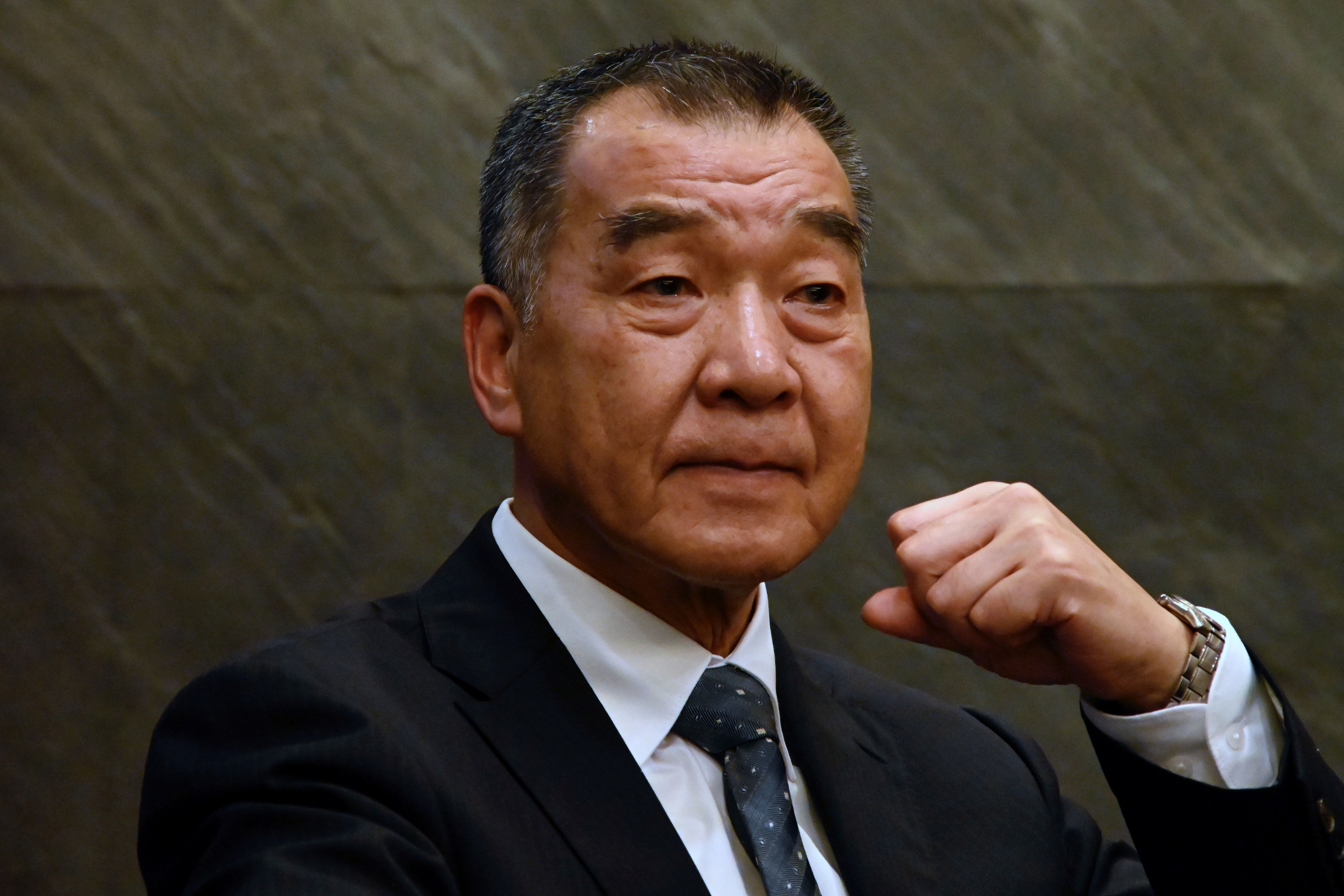
The same day as Chiu’s warning, U.S. President Joe Biden said he had spoken with PRC leader Xi Jinping and that the two leaders had reached an agreement concerning Taiwan.
“We agree … we’ll abide by the Taiwan agreement,” he said. “We made it clear that I don’t think he should be doing anything other than abiding by the agreement,” Biden said in the morning.
Regarding the PLA’s aerial activity, U.S. Secretary of State Antony Blinken said that Washington “strongly urge[s] Beijing to cease its military, diplomatic and economic pressure and coercion directed at Taiwan,” and that the U.S. was firmly committed to the island’s defense.
Beijing sees the “reunification” of Taiwan as a political necessity, despite the fact that the PRC has never ruled the island. It has vowed to take Taiwan by military force if needed, and warns of consequences should Taiwan declare independence.
Last year, Taiwan president Tsai Ing-wen said that there was no need for such a declaration, since the ROC (Taiwan) was already independent.
Prior to 1971, the United Nations recognized the ROC as the legitimate representative of China, but this status was shifted to Beijing as more countries, including the U.S., warmed up to the mainland. In 1979, Washington dropped official diplomatic ties with Taiwan, though it maintains a de facto embassy.
Taiwan has recently boosted its military spending, with $8.7 billion to be allocated over the next few years.
On Tuesday, an essay by Tsai was published in Foreign Affairs, with the Taiwanese leader warning of the consequences should Taiwan fall to the Chinese Communist Party (CCP).
Tsai noted that Taiwan “represents at once an affront to the narrative and an impediment to the regional ambitions of the Chinese Communist Party.”
“As countries increasingly recognize the threat that the Chinese Communist Party poses, they should understand the value of working with Taiwan. And they should remember that if Taiwan were to fall, the consequences would be catastrophic for regional peace and the democratic alliance system. It would signal that in today’s global contest of values, authoritarianism has the upper hand over democracy,” she wrote.
Jessica Drun of the Asia-focused think tank Project 2049 told the Guardian that it was unclear which agreement or phone call Biden’s remarks on Oct. 6 referred to.
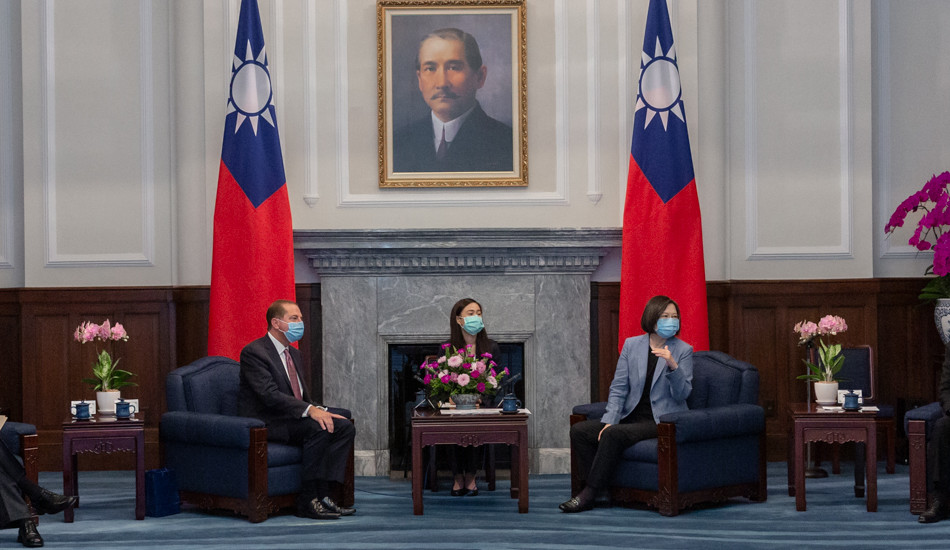
The U.S. abides by a “one China policy,” which recognizes Taiwan as a Chinese territory, but does not specify whether that means the ROC or the mainland regime. The Taiwan Relations Act, meanwhile, carries the expectation that Taiwan’s future status is to be determined by peaceful means.
Drun said it’s possible that the “agreement” Biden spoke of was the one China policy, but said that she would not characterize that as a consensus between the U.S. and PRC leaders.
“From my understanding it’s standard procedure in interactions with Chinese counterparts for each side to convey its respective views. For Washington, that is affirming its “one China” policy – which is its own policy, formulated independently, and which is assuredly not the same as Beijing’s ‘one China’ principle,” she told the Guardian.
The PRC on Oct. 4 said that the U.S. “one China policy” was something Washington had “cooked up” unilaterally.
On Sept. 9, Biden had a 90-minute phone call with Xi, during which they discussed how to amend U.S.-China relations within a broad “strategic framework,” according to the White House.
Biden’s national security adviser Jake Sullivan held an hours-long talk with Yang Jiechi, the Chinese Communist Partys’ top diplomatic cadre, in Zurich on Wednesday, in a conversation aimed at managing tensions between Washington and Beijing.



